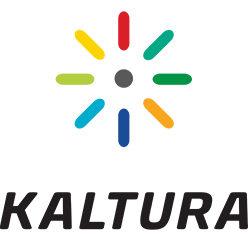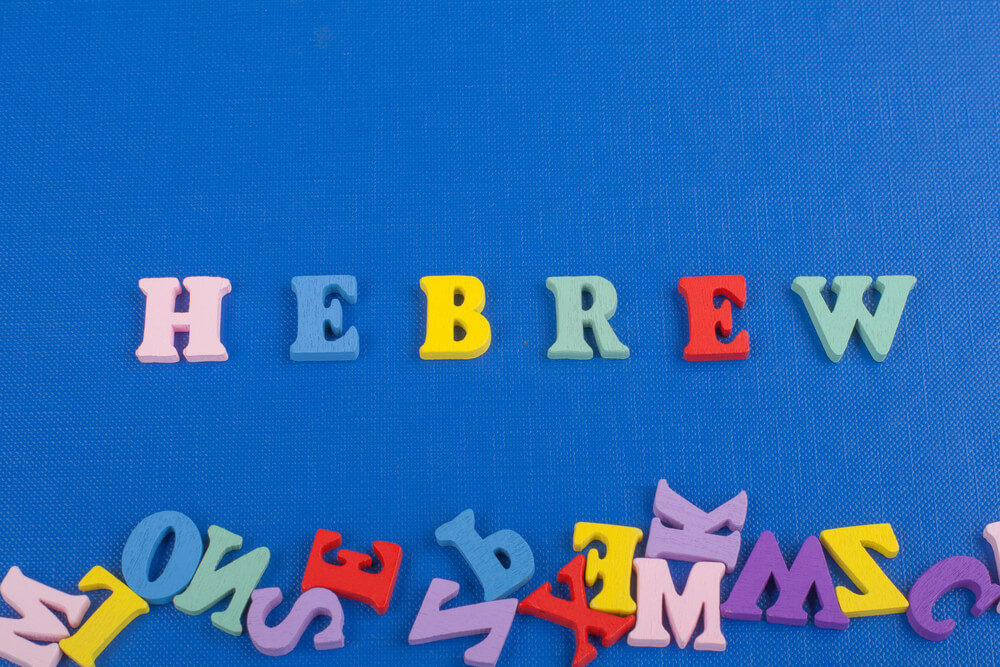WHAT DOES TEVA, NAMOGOO, ATIDOT AND TIPA ALL HAVE IN COMMON? THEIR NAME HAS A MEANING IN HEBREW, AND THEY’RE NOT ALONE. MORE THAN 20 ISRAELI COMPANIES ARE GAINING WORLDWIDE POPULARITY USING HEBREW NAMES.
One thing every startup needs, other than a strong team, a bit of funding or an idea is a good name, and a good name is hard to find. With relevant English words and buzzwords running out, it’s becoming more and more challenging to come up with a perfect name. Lucky for non-English speaking countries, like Israel, we have an extra vocabulary we could use to invent new names – Hebrew. The trick is to find a Hebrew word that’s catchy enough for English speakers while keeping it relevant to the product, for those who understand the language. So, without further ado, say Shalom to out list 20 Israeli startups and companies with Hebrew names.
Alooma (אלומה) is a fancier word for “beam,” or “ray of light” that shines in the dark, just like the company’s platform that helps users capture and order data easily, making it visible for everyone. Also, their pipeline reminds me a kind of beam. [Link]
Atidot (עתידות) means fortunes or the plural word for “future,” and after knowing that, you don’t need to be a fortune teller to know that this company is all about developing predicting algorithms. To be more accurate, they provide useful analytics for insurance companies. [Link]
Gaviti (גביתי) is the first-person past-tense of the verb collect, or just “I collected.” As you might have guessed – Gaviti is a receivable collection management solution helping business collect what they deserve. [Link]
Hanutt (חנות) simply means store or shop, with the H pronounced like “kh,” and they probably added an extra T because hanut.com was already taken. Well, Hanutt is a shopping search engine, a comparison tool, and an online shop. [Link]
Hargol Foodtech (חרגול פודטק) is one of the most interesting startup companies in Israel, turning grasshoppers into protein. In case you wondered, the word Hargol in Hebrew (again, h pronounced like kh) means grasshopper. Foodtech is just… Foodtech. [Link]
Hoopo (הוא פה) is a combination of two Hebrew words meaning “He’s here.” Hoo – He, Po – Here. Hoopo is developing low-power geolocation solutions that help you find your assets and scream “He’s here!”. [Link]
Hulyo (חוליו) has a pretty tricky name. It’s based on the Hebrew acronym Hul (חו”ל) which means, “abroad,” added with the “yo” to make it sound like Julio (Which isn’t Israeli name at all). Hulyo offers last minute flight tickets and hotels deals at very attractive prices for spontaneous people. [Link]
Kaltura (קלטורה) is one of the most successful companies on this list, with a $1 billion worth. Their name is actually derived from the English word culture, that sometimes translates in Hebrew to Kultura, and it’s a perfect name for this video solutions company. [Link]

[Source: Wikimedia Commons]
Kesem.io (קסם) simply means “magic,” but you wouldn’t call your startup Magic, right? Kesem.io is a new startup, founded only six months ago, creating a trusted and secure solution to blockchain transactions. [Link]
KITOV (כי טוב) is actually the name of two Israeli companies: The first, Kitov Pharma, is an innovative biopharmaceutical drug development company. The second, KITOV Systems, is developing an automation tool for visual quality inspection. The name comes from Genesis 1:10 “and God saw that it was good.” Kitov = was Good.
Namogoo (נמוגו) is one of this year’s hottest startups, and its name is a Hebrew word we barely use on a daily basis. Namogoo means “disappeared,” just like the Customer Hijacking the company is trying to prevent. [Link]
OrCam (אור קם) we wrote about OrCam in a previous blog post, so we’ll just copy it over here: The Israeli startup that developed wearables that help blind people “see” has a simple explanation for the name. Or means “Light” in Hebrew, “Cam,” which seems like a short for the word camera, is actually the Hebrew word for “Rise,” so, if Light Rises, it might help the visually impaired people “see.” [Link]
RoboTeam (רובוטים) is building… robots. What a surprise. However, when said out loud it’s the Hebrew word for robots, in plural, with a nice addition of “team” instead of “tim.” Cool. [Link]
Teva Pharmaceutical Industries (טבע) is probably Israel’s flagship drugmaker, the biggest company in Israel and one of the oldest (Founded in 1901!). So, what is Teva? It simply means nature. A bit ironic, don’t you think? [Link]
Teva’s old logo, both English and Hebrew [Image: Wikimedia Commons]
Tipa (טיפה) means drop, a water drop, just like the one in the company’s logo. However, don’t let the name and the logo confuse you – Tipa has nothing to do with water technologies. They produce compostable bio-material packaging for the food industry. [Link]
Tiplati (טיפלתי) is a first-person verb (Like Gaviti) that means “I took care of it,” which basically sums up what Tiplati is doing. They develop automation tools for supplier payments, taking the load off employees. [Link]
Yala (יאללה), to be honest, is an Arabic word, used by Israelis with different meanings, like “come on” or “let’s do it.” Yala is a chatbot that helps social media managers schedule posts at an optimal time. [Link]
Zeekit (זיקית) is a chameleon, the color-changing lizard, just like the startup’s product that lets customers take a photo, try-on (virtually) different clothes from different brands and shop. Now we just have to figure out why they called it Zeekit instead of just Zikit. My guess? Check out zikit.com’s domain price. [Link]
Zirra (זירה) is the Hebrew word for “arena,” and it acts as an arena, gathering all information about Israeli startups in one place. Using AI and thousands of resources, companies and investors use Zirra to analyze other companies. [Link]
Did we miss anyone? Do you know of any other companies with Hebrew names? Please let us know!








